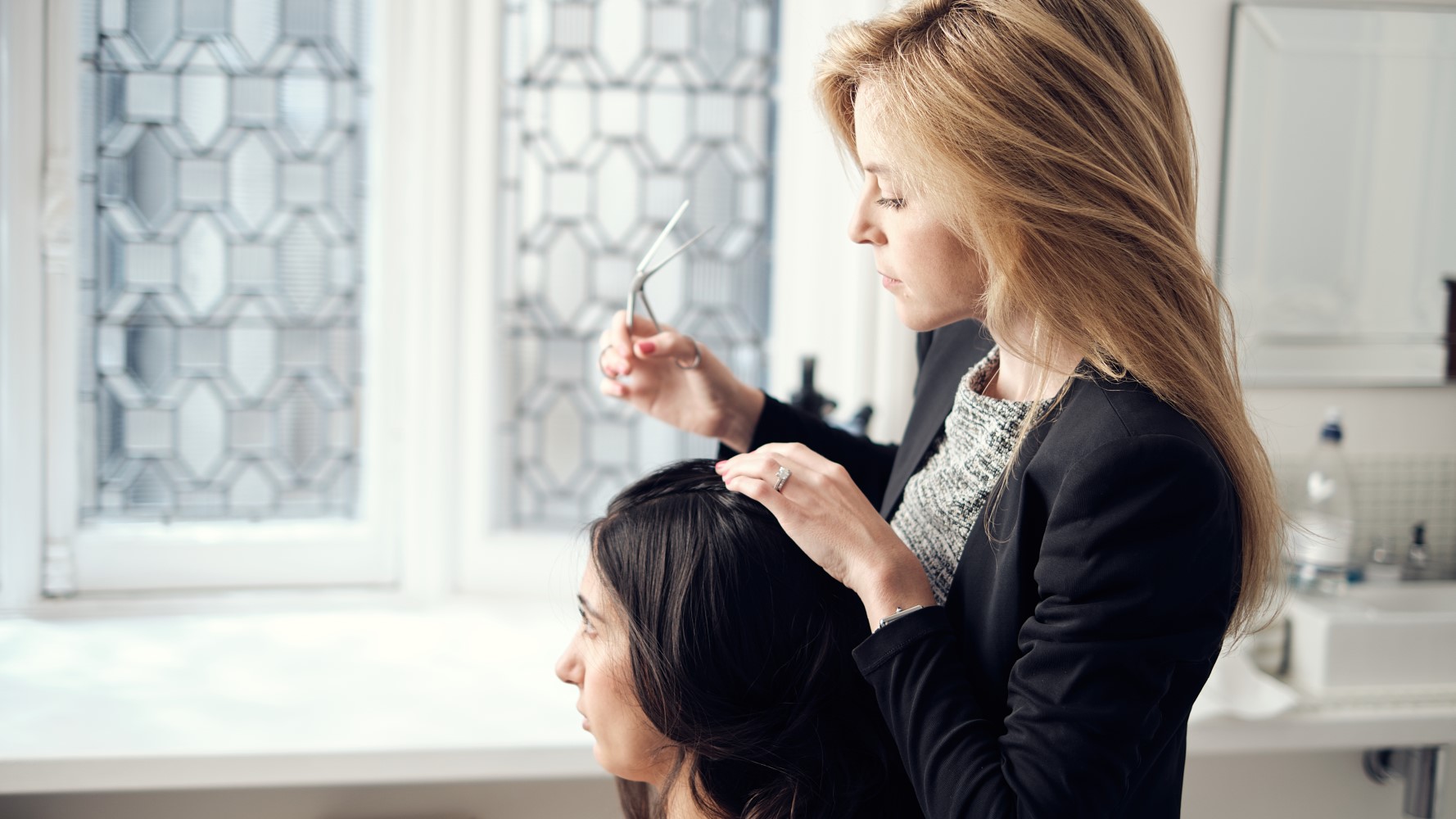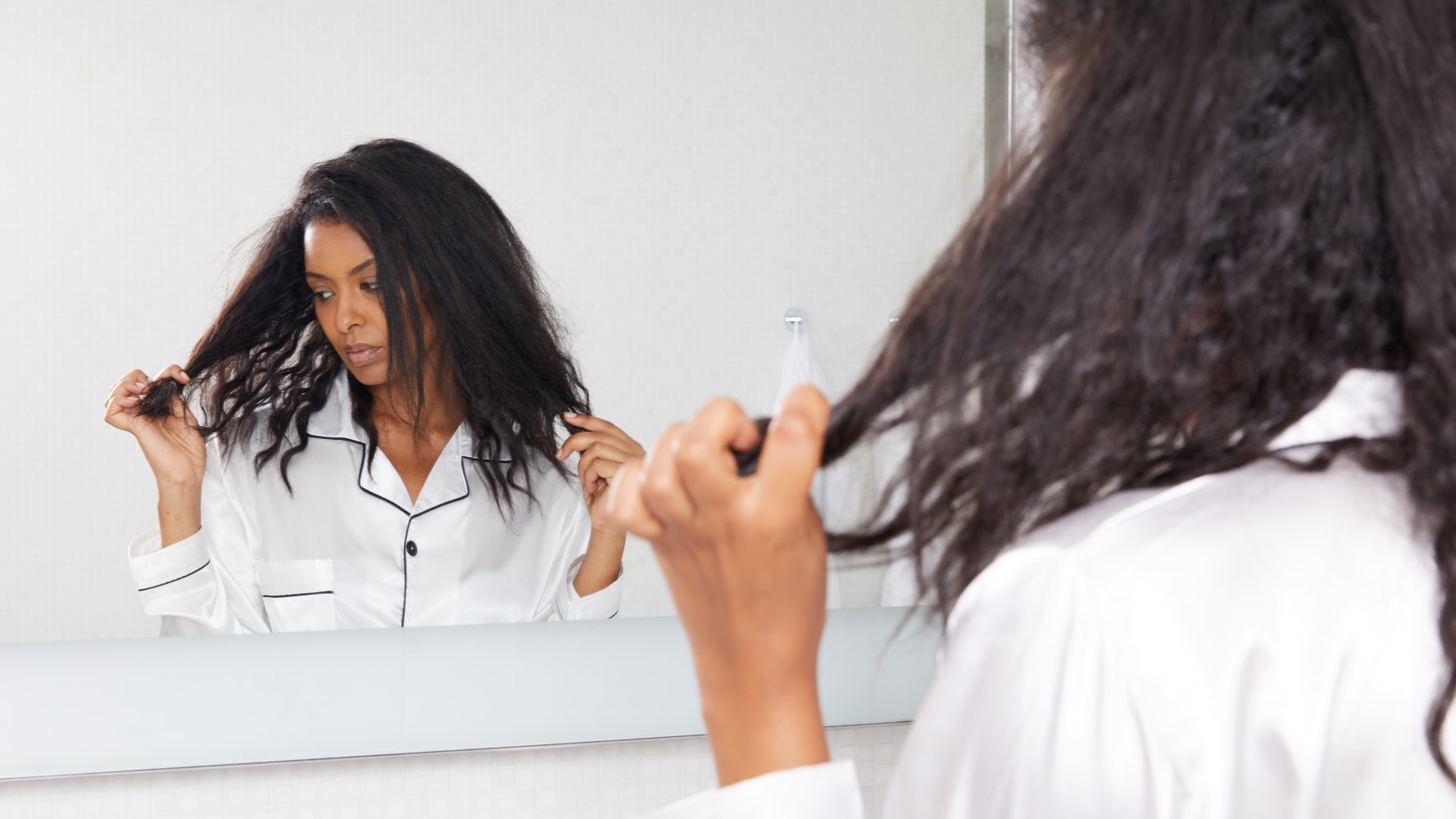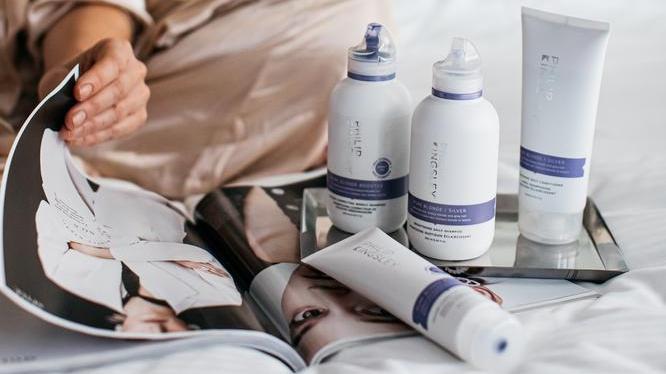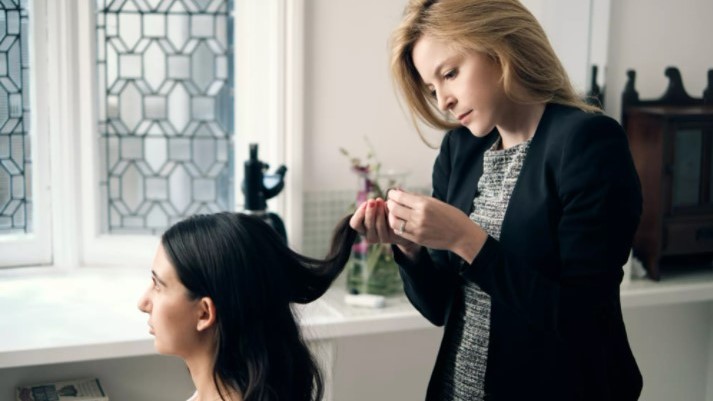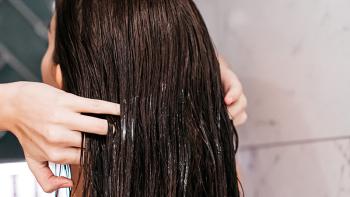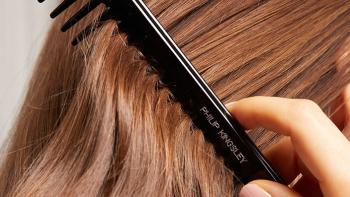CLINIC CONSULTATIONS
To find out more about how you can maximise your hair health and growth, come and see us at one of our Clinics where we will be delighted to welcome you.
Why is Vitamin B12 Important?
Vitamin B12 is used by every cell in the body. It helps to keep your nervous system functioning normally and plays an important role in DNA production. It is also needed to form red blood cells. Crucially for your hair, it helps your body metabolise amino acids (the building blocks of hair). Furthermore, it helps keep your red blood cells healthy, allowing them to supply adequate oxygen to your tissues, including your hair follicles.
Vitamin B12 Deficiency Anaemia
Lack of Vitamin B12 is known as Vitamin B12 deficiency anaemia. This condition causes your body to produce fewer red blood cells, which are also larger than normal. These are unable to transport enough oxygen to your tissues. How does this affect your hair? When your body is short of oxygen, it channels its available supply to your vital organs to keep them alive, rather than to your hair follicles. Without oxygen, your hair follicles cease to function properly, and your hair may fall out.
Vitamin B12 deficiency can occur if you have a condition called pernicious anaemia, when your body is unable to absorb B12 through the foods you eat. It can also happen if your diet lacks foods rich in Vitamin B12, or if you are taking certain medications that block its absorption. Some contraceptive pills can also cause Vitamin B12 levels to become low.
Symptoms of Vitamin B12 deficiency include (but are not limited to):
- Extreme tiredness
- Lack of energy
- Pins and needles
- Muscle weakness
- Disturbed vision
- Low mood
- Diffuse hair loss from the scalp
- Premature greying of the hair
It is preferable to obtain the Vitamin B12 you need through your diet, rather than supplements. However, sometimes this is not possible, due to factors such as dietary restrictions, illness, medication, or a hectic lifestyle. When hair loss and/or hair thinning is an issue, a combination of supplements together with a healthy diet, is the best route for encouraging regrowth. If an individual is unable to absorb Vitamin B12 through diet or supplements, they may require periodic B12 injections. Please consult your GP for more information on this.
Foods Rich in Vitamin B12
- Poultry
- Liver
- Eggs
- Salmon
- Cod
- Milk
- Fortified soy milk
- Fortified cereals
- Yeast



